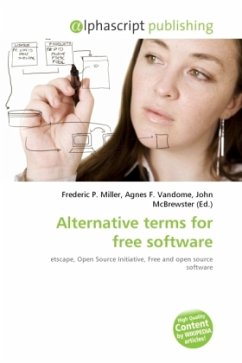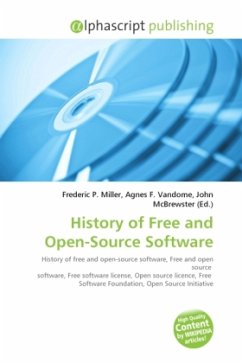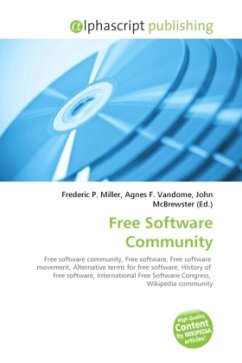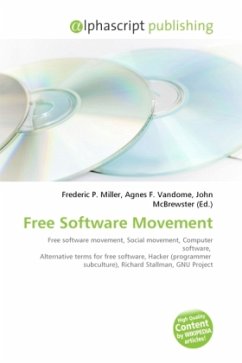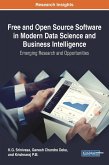Alternative terms for free software have been a controversial issue among free software users from the late 1990s onwards. Coined in 1983 by Richard Stallman, "free software" is used to describe software which can be used, modified, and redistributed with little or no restriction. These freedoms are formally described in The Free Software Definition, first published in February 1986.Alternatives for "free software" were sought for marketing purposes and because of a perceived "moralising and confrontational" attitude that had been associated with the term.In addition, the "available at no cost" ambiguity of the word "free" was seen as discouraging business adoption.In a 1998 strategy session in California, "open source software" was selected by Todd Anderson, Larry Augustin, Jon Hall, Sam Ockman, Christine Peterson, and Eric S. Raymond. Richard Stallman had not been invited. The session was arranged in reaction to Netscape's January 1998 announcement of a source code release for Navigator . Those at the meeting described "open source" as a "replacement label" for free software and Open Source Initiative was soon-after founded by Eric Raymond and Bruce Perens to promote the term as part of "a marketing program for free software. Stallman and others object to the term "open source software" because it does not make people think of the freedoms that the software in question gives users.
Bitte wählen Sie Ihr Anliegen aus.
Rechnungen
Retourenschein anfordern
Bestellstatus
Storno

